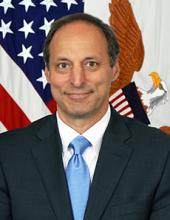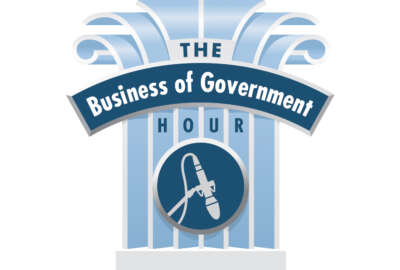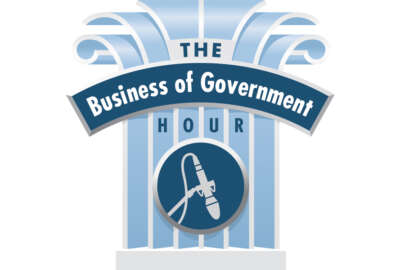 Peter Levine is Senior Research Fellow with the Institute for Defense Analyses. Prior to joining IDA, Peter most recently performed the duties of the Under Secretary of Defense for Personnel and Readiness. In this capacity, he served as principal assistant and advisor to the Secretary and Deputy Secretary of Defense on readiness; National Guard and Reserve component affairs; health affairs; training; and personnel requirements and management, including equal opportunity, morale, welfare, recreation, and quality of life.
Peter Levine is Senior Research Fellow with the Institute for Defense Analyses. Prior to joining IDA, Peter most recently performed the duties of the Under Secretary of Defense for Personnel and Readiness. In this capacity, he served as principal assistant and advisor to the Secretary and Deputy Secretary of Defense on readiness; National Guard and Reserve component affairs; health affairs; training; and personnel requirements and management, including equal opportunity, morale, welfare, recreation, and quality of life.
Prior to assuming that role, Mr. Levine served from May 2015 to April 2016 as the Deputy Chief Management Officer of the Department of Defense. As DCMO, he served as the senior advisor to the Secretary of Defense and the Deputy Secretary of Defense on business transformation and led the Department’s efforts to streamline business processes and achieve greater efficiencies in management, headquarters, and overhead functions.
Prior to his appointment as DCMO, Mr. Levine served on the staff of the Senate Armed Services Committee from August 1996 to February 2015, including two years as Staff Director, eight years as General Counsel, and eight years as minority counsel. Throughout this period, Mr. Levine was responsible for providing legal advice on legislation and nominations, and advised members of the Committee on acquisition policy, civilian personnel policy, and defense management issues affecting the Department of Defense. Mr. Levine played an important role in the enactment of the Military Commissions Act of 2009, the Weapon Systems Acquisition Reform Act of 2009, the Acquisition Improvement and Accountability Act of 2007, the Detainee Treatment Act of 2005, and numerous defense authorization acts.
Mr. Levine served as counsel to Senator Carl Levin of Michigan from 1995 to 1996, and as counsel to the Subcommittee on Oversight of Governmental Management of the Senate Committee on Governmental Affairs from 1987 to 1994. In this capacity, Mr. Levine played a key role in the enactment of the Lobbying Disclosure Act of 1995, the Federal Acquisition Streamlining Act of 1994, and the Whistleblower Protection Act of 1989.
Mr. Levine was an Associate at the law firm Crowell and Moring from 1983 to 1987. He received a Bachelor of Arts degree summa cum laude from Harvard College and a Juris Doctor degree magna cum laude from Harvard Law School.





